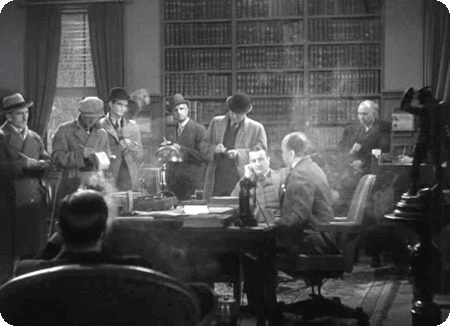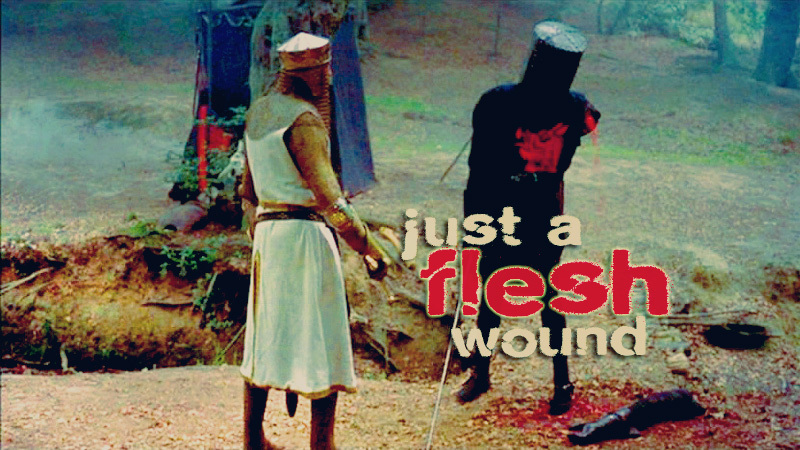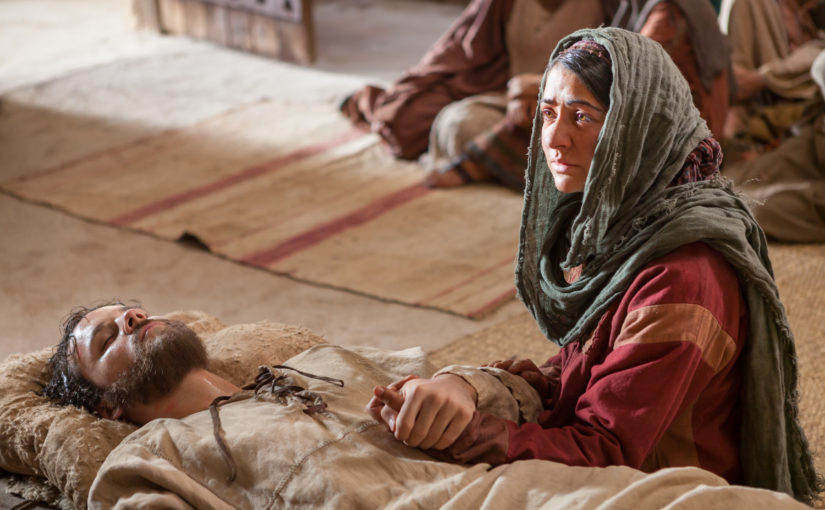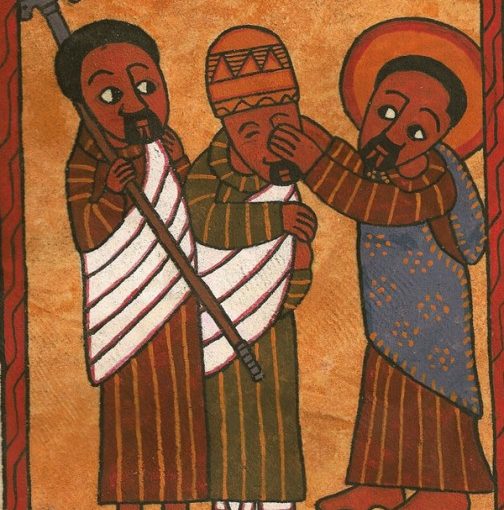John 11:1-16 (NRSV)
11 Now a certain man was ill, Lazarus of Bethany, the village of Mary and her sister Martha. 2 Mary was the one who anointed the Lord with perfume and wiped his feet with her hair; her brother Lazarus was ill. 3 So the sisters sent a message to Jesus, “Lord, he whom you love is ill.” 4 But when Jesus heard it, he said, “This illness does not lead to death; rather it is for God’s glory, so that the Son of God may be glorified through it.” 5 Accordingly, though Jesus loved Martha and her sister and Lazarus, 6 after having heard that Lazarus was ill, he stayed two days longer in the place where he was.
7 Then after this he said to the disciples, “Let us go to Judea again.” 8 The disciples said to him, “Rabbi, the Jews were just now trying to stone you, and are you going there again?” 9 Jesus answered, “Are there not twelve hours of daylight? Those who walk during the day do not stumble, because they see the light of this world. 10 But those who walk at night stumble, because the light is not in them.” 11 After saying this, he told them, “Our friend Lazarus has fallen asleep, but I am going there to awaken him.” 12 The disciples said to him, “Lord, if he has fallen asleep, he will be all right.” 13 Jesus, however, had been speaking about his death, but they thought that he was referring merely to sleep. 14 Then Jesus told them plainly, “Lazarus is dead. 15 For your sake I am glad I was not there, so that you may believe. But let us go to him.” 16 Thomas, who was called the Twin, said to his fellow disciples, “Let us also go, that we may die with him.”
Why didn’t Jesus go? Why did he wait two more days, rather than hurry on to Lazurus’ bedside when he heard he was ill? What does this say about Jesus? And if Jesus represents God to us, as John says he does again and again, what does this say about how God sees our pain?
Twice Jesus says something that might make us wonder if God just doesn’t care all that much about us. He says he is waiting because this illness is “for God’s glory” and later tells his apprentices that he’s glad he wasn’t there “so that (they) may believe.”
In my early encounters with this passage, I made the quick logical leap. Jesus must deliberately let Lazurus and his whole family suffer the awful pain of not just his death but the two days preceding it so that he could raise him from the dead and make God look good. Then his apprentices, and we the readers, will trust more in the power of God.
Except that if that’s so, that makes God seem a little sick. And callous to our pain. Why would God need to earn a good reputation at the cost of our suffering?
Now I find this reading unsatisfying. And not just because of my view of God, but because of what the text itself says. Later, when Jesus encounters the grieving family, we’ll read that he wept. He is torn up by their suffering and loss, even as he’s about to do something about it. In this section, John also says that Jesus loved the family deeply. He is moved by their pain.
So why does he delay his help?
The truth is that I don’t know, of course. The most obvious reading would be that Jesus didn’t know he was going to die. Those of us that have a high view of Jesus’ divinity read the gospels like he’s not quite one of us – some kind of super-powered superhero. But even superheroes usually can’t predict the future accurately, and the gospels and the New Testament generally make it quite clear that Jesus was fully human. At one point, his god-human nature is explained by saying that he “emptied himself“, what theologians call kenosis, Jesus’ self-emptying of his divine nature to fully share in our humanity. There’s no reason that Lazurus’ death couldn’t have shaken Jesus in the speed with which it came.
Whether this is the best reading or not, I find it more helpful and more true to the God I trust and worship, to understand Jesus never as causing evil, but as bending it toward good, turning all things for good in time, wrenching goodness out of horrible suffering again and again.
Because he loves us.
And because God is just glorious like this.











